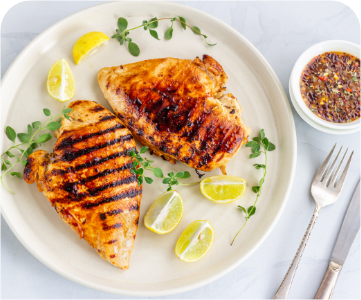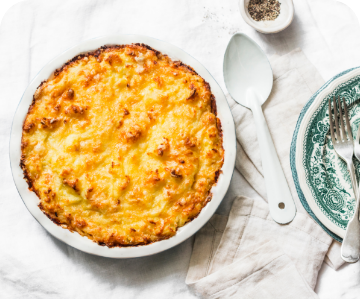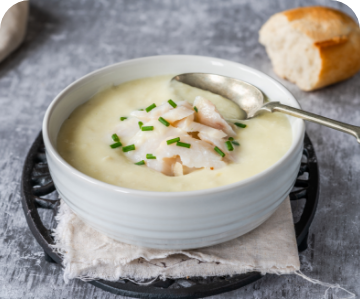Access coupon
See how self-testing gives you the freedom and confidence to live the life you want.
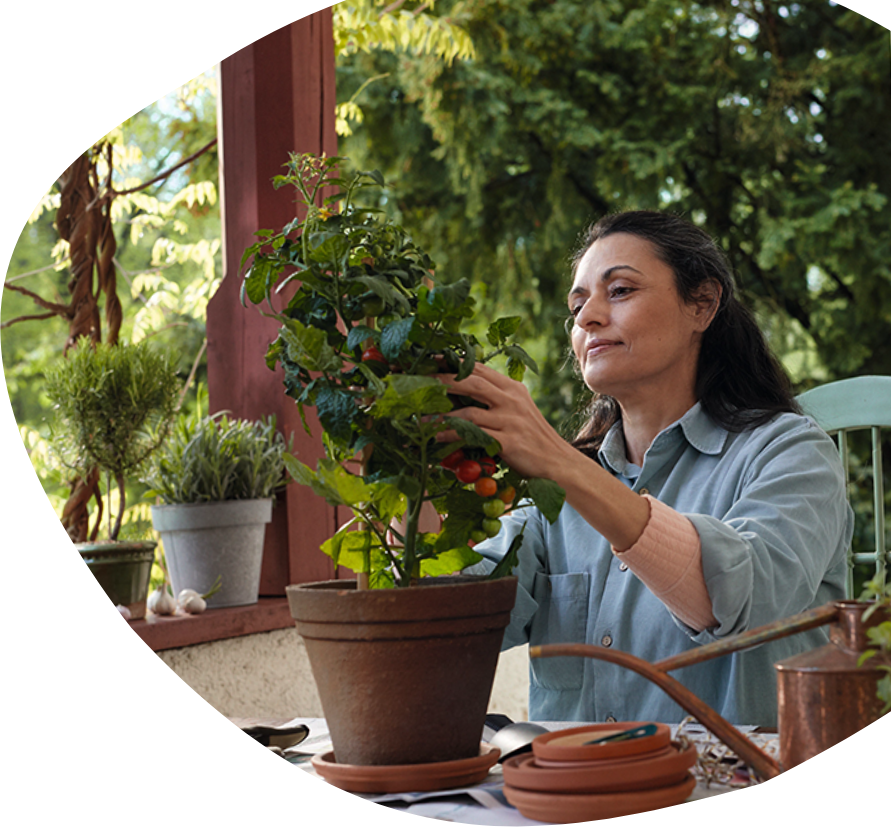
The connection between nutrition and coagulation
Vitamin K is involved in the coagulation process, which is why vitamin K antagonist (blocker) medications are used as anticoagulants. For people taking this kind of anticoagulant, it’s important to be aware of their dietary sources of vitamin K, since consuming too much of these foods risks decreasing the effect of their anticoagulant medication.
Dietary sources of vitamin K
High level of vitamin K: Lettuce, broccoli, spinach, kale, asparagus, green tea, onions
Medium level of vitamin K: Cucumbers, potatoes, cheese, meat
Low level of vitamin K: Fruit, zucchini, whole wheat bread, trout
Although it isn’t necessary to avoid vitamin K altogether, experts generally advise a balanced diet with limited exposure to foods high in vitamin K.
A note about alcohol and tobacco consumption
Alcohol can “thin” your blood by decreasing the number of platelets and by making those platelets less sticky. It can also change the way your body breaks down your anticoagulant medication:
- Drinking too much at one time may slow down the way your body metabolizes your medication, which increases your bleeding risk.
- Regularly drinking too much alcohol can increase the way your body metabolizes your medication, which can increase your risk of clotting. Although moderate alcohol consumption may be safe, it’s always best to check with your doctor about the amount of alcohol that is safe for you to consume.
If in doubt, self-test your INR levels to double-check.
Smoking can increase the risk of thrombosis (blood clots) and should be completely avoided. It is also greatly damaging to the cardiovascular system, which may be particularly dangerous for cardiac patients. If, for instance, a second cardiac illness (e.g., coronary heart disease or a heart attack) should occur after a successful valve replacement, the risks of complications are greatly increased. If you smoke, and need help quitting, talk to your doctor.
The security of self-testing
Every person reacts differently to what they eat. As a self-tester, you will be able to keep a close eye on your coagulation levels by testing regularly as well as any time you are curious. This will give you more insight into your body and coagulation management. With this insight, you can have more flexibility and creativity with your diet, with added security.
Learn more about self-testing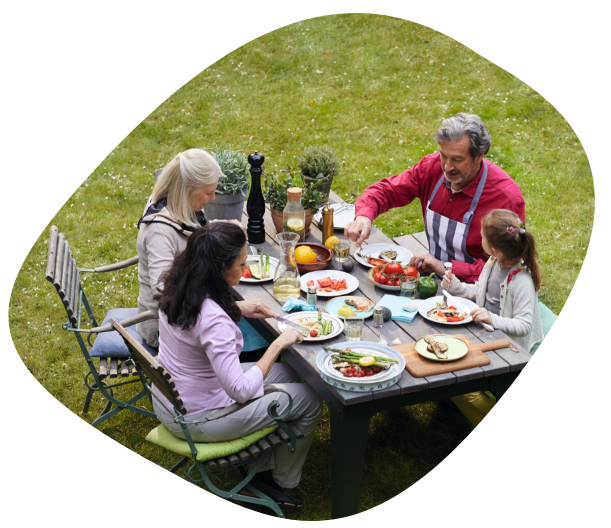
Eating a heart-healthy diet
Eating a healthy, balanced diet is one of the most important things you can do to protect your health. According to the Heart & Stroke Foundation of Canada, up to 80% of premature heart disease and stroke can be prevented through lifestyle choices, including following a healthy diet and exercising regularly.
A heart-healthy diet is made up mostly of whole or natural foods (not processed). At the “heart” of it is balance, which includes:
Eating lots of vegetables
Eating lots of fruit
Choosing whole grains more often
Eating a variety of foods that give you protein
Avoiding highly processed (or “ultra-processed”) foods
Avoiding sugary drinks
Recipes to help you eat a VKA-friendly diet
1. Harrison, K. Get in shape for Christmas: the best vegetarian cottage pie. Available from: https://www.dailymail.co.uk/home/you/article-2481611/Get-shape-Christmas-The-best-vegetarian-cottage-pie.html. Accessed: August 26, 2022.
2. Prince, T. Smoked haddock chowder. Available from: https://www.bbcgoodfood.com/recipes/smoked-haddock-chowder. Accessed: August 26, 2022.

“Now I know what affects my coagulation level”:
Heike Sichmann on the joys of cooking
The dough has only been in the oven for 10 minutes and already there is this wonderful nutty aroma all over the kitchen. When I bake cantuccini, I only use almonds from Pisa and an old recipe from a landlady whom I met there on a trip.
Talk about Tuscany—not just beautiful scenery but also a very special cuisine. It’s rural, but with sophisticated combinations. Black rice, yellow olive oil and the earthy sweetness of chestnuts—wonderful. No question, apart from sculpting, cooking is my great passion. And I think that the two have quite a lot in common.
When I work with stone, I create something lasting, and whereas good food disappears again very quickly, something is left behind as well. It is just different. It could be the memory of a lovely evening with friends or a birthday party with the family. What cooking and sculpting have in common is that I am able to relax completely. It is also a type of therapy.
I was only two years old when I was diagnosed with a heart defect by my doctor. I can still remember my father saying: “The heart is a muscle which can be trained.” This is what I did, until it no longer worked.
When I was 22, I received an artificial heart valve, and from then on, I had to take anticoagulant medications. I was constantly worried whether the dosage was right. If it is too high, there is a risk of bleeding. If it is too low, one can develop dangerous blood clots. This often made me very insecure.
Since I am able to monitor my coagulation myself, I feel much more secure. Self-testing gave me back my joie de vivre. Whenever I get the feeling that something might be affecting my coagulation, I simply test my coagulation level. All it needs is a small prick in my finger.
Talking about affecting my coagulation: with self-testing, I got to know my body much better. Now I know what affects my coagulation level.
